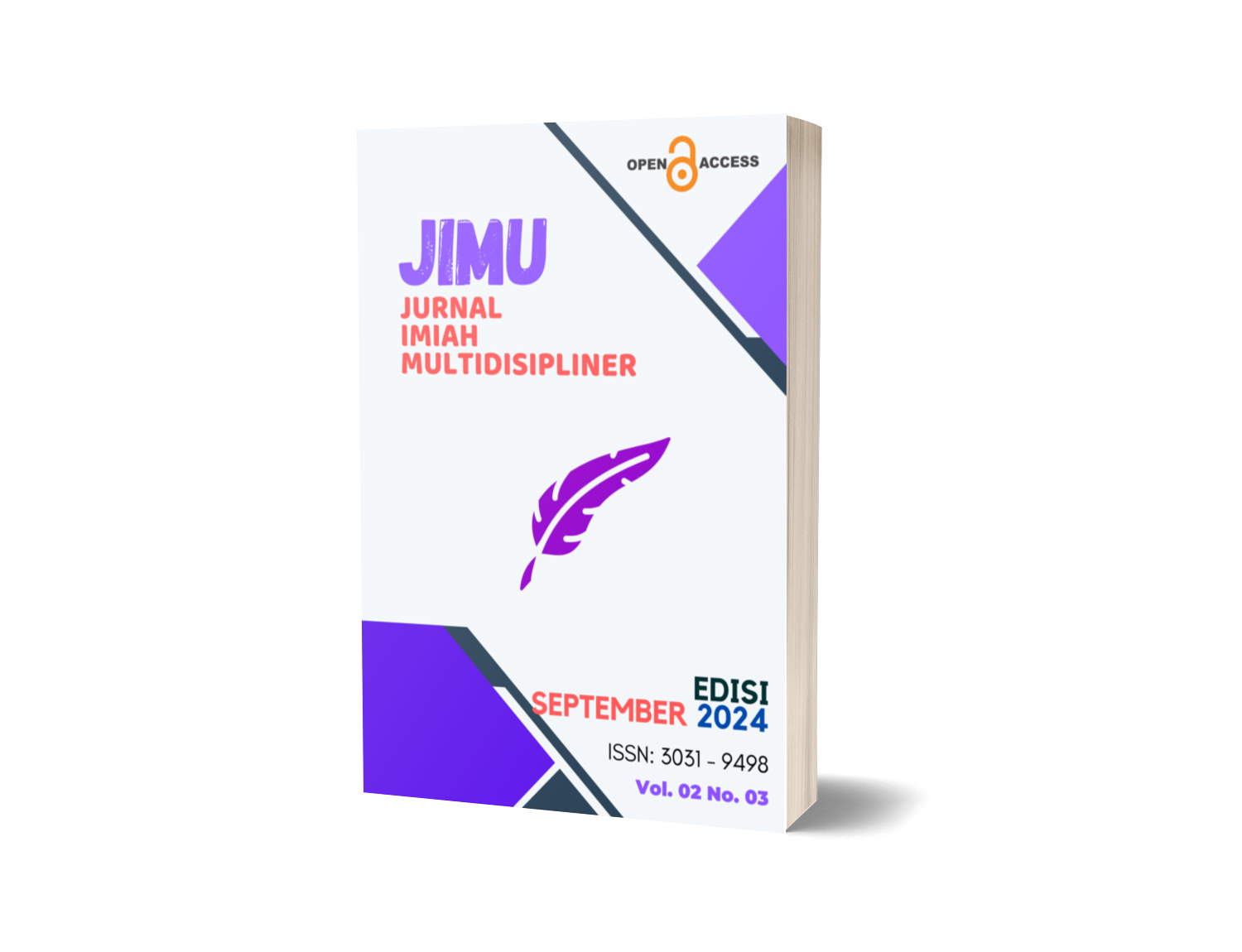The Role of Green Accounting in Promoting a Green Economy: Integrating Environmental Considerations into Financial Systems for Sustainable Development
Kata Kunci:
Economic Value of Environmental Resources, Environmental Reporting Transparency, Green Accounting, Sustainable DevelopmentAbstrak
In the burgeoning discourse on sustainable economic practices, green accounting has emerged as a pivotal element in bridging the gap between environmental stewardship and financial accountability. This paper critically examines the role of green accounting in promoting a green economy, emphasizing its significance in integrating environmental considerations into financial systems to foster sustainable development. Utilizing a qualitative literature review as its methodological approach, this study synthesizes insights from a wide array of scholarly articles, sector reports, and case studies to illuminate the multifaceted impacts of green accounting. It explores how enhanced transparency in environmental reporting, attributed to green accounting, not only informs better decision-making among stakeholders but also encourages corporations to adopt more eco-friendly practices. Further, the research delves into how recognizing the economic value of environmental resources can influence business strategies and operations towards sustainability goals. The paper also addresses the profound influence of stakeholders – including investors, consumers, and regulatory bodies – in catalyzing corporate sustainability initiatives through the demand for accountable environmental reporting. Through its exploration, the study aims to provide a nuanced understanding of how green accounting practices can contribute to the operationalization of a green become, thereby facilitating the global agenda for sustainable development.
Unduhan
Referensi
Borgohain, B. R., & Singh, K. K. (2022). An Empirical Analysis Using Machine Learning to Identify Features Influencing the Green Economy of India. Jindal Journal of Business Research, 11(1), 7-23.
Cuong, N. T., & Thanh, H. C. (2023). Mediatized Infrapolitics and Government Accountability in Vietnam. The Dragon’s Underbelly: Dynamics and Dilemmas in Vietnam’s Economy and Politics, 234.
Ekwe, C. N., Okpara, C. C., & Awo, L. O. (2024). Green economy versus dark health: risk tolerance boosts adaptation to soot-contaminated environment. Green and Low-Carbon Economy, 2(2), 124-130.
Ma, R., & Lin, B. (2023). Digital infrastructure construction drives green economic transformation: evidence from Chinese cities. Humanities and Social Sciences Communications, 10(1), 1-10.
Zhao, J., Wang, J., & Dong, K. (2023). The role of green finance in eradicating energy poverty: ways to realize green economic recovery in the post-COVID-19 era. Economic Change and Restructuring, 56(6), 3757-3785.









